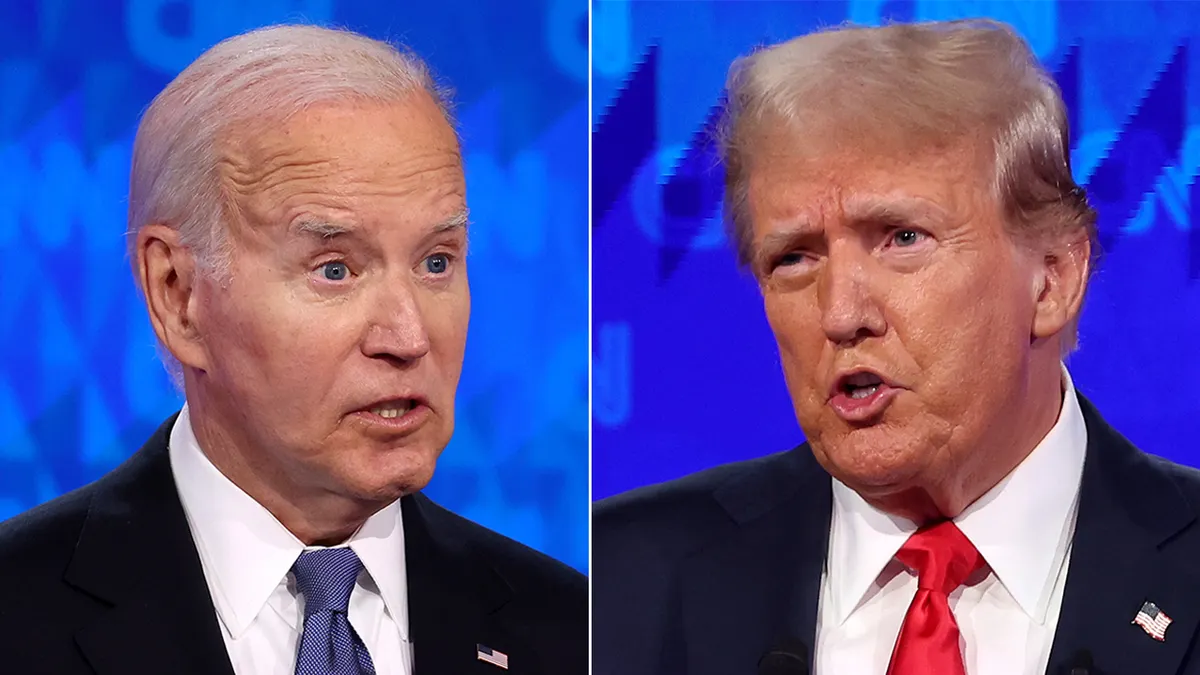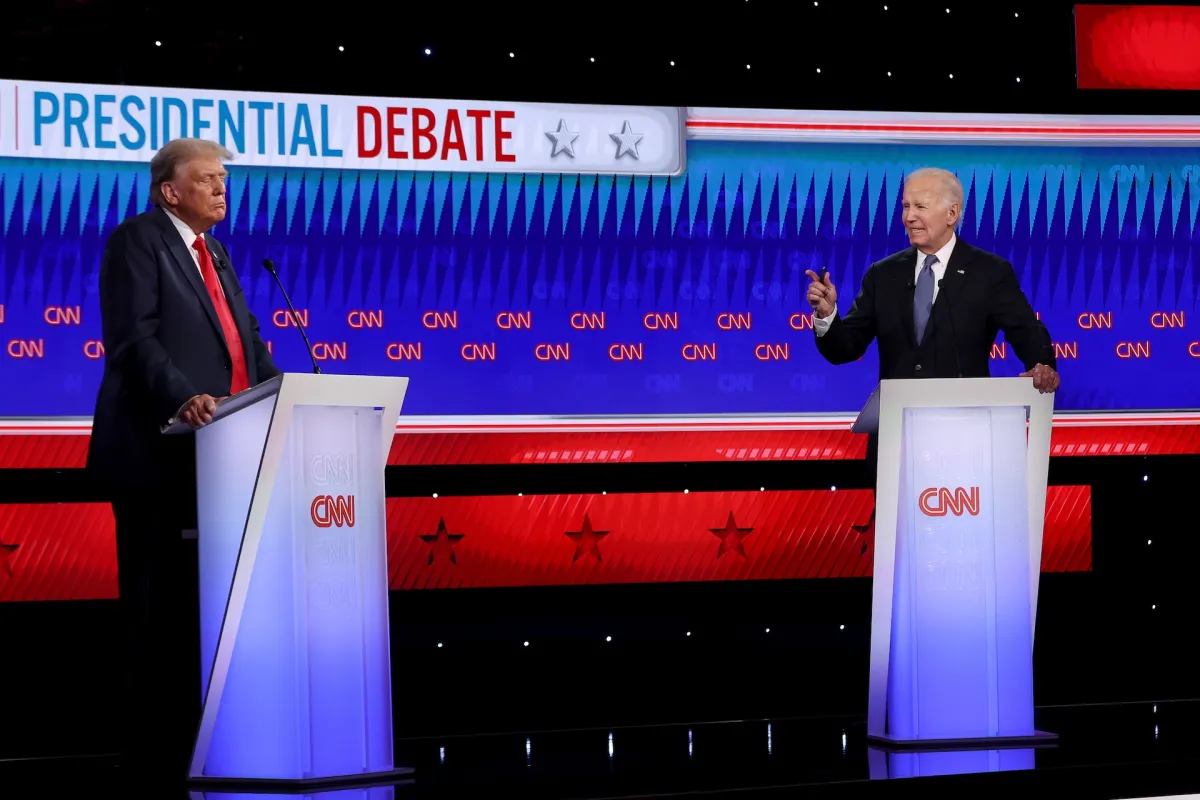Who had the better performance at Thursday night’s presidential debate, X or Threads? Though not the top concern among social media users, it’s one of the questions people are asking themselves after watching the disastrous debate play out across the two platforms.
Meta, which nearly a year ago launched Threads as a rival to the app formerly known as Twitter, has distanced itself from politics, saying it won’t proactively recommend political content to users unless they enable a new setting. X, meanwhile, has historically served as the second screen for real-time events, offering people a place to chat, react, and tap into the collective opinions of others. But under Elon Musk’s ownership, the platform has begun to lean more right, at least one study indicates, making it less appealing to some of its former users.
So which platform best handled the debate? That depends on who you ask. There were definite differences between how the two platforms managed last night, with some saying X felt more alive, and others asserting that Threads proved that X is no longer necessary.

In terms of sheer numbers, X is still the larger social network, with Musk recently claiming the service now reaches 600 million monthly active users, around half of which use the platform daily. While he didn’t clarify if automated accounts or spam bots were included in those figures, X is still larger than Threads, which has at least 150 million monthly active users, as of Meta’s last public earnings announcement in April. (However, third-party stats show Threads has far surpassed that figure now.)
The size of X’s user base lends credence to the argument that the Musk-owned platform felt more active, as there were simply more people posting. Other text-focused social networks, including those from startups like Bluesky and open-source efforts like Mastodon, don’t have nearly enough numbers to rival X or Threads on nights like this.


















